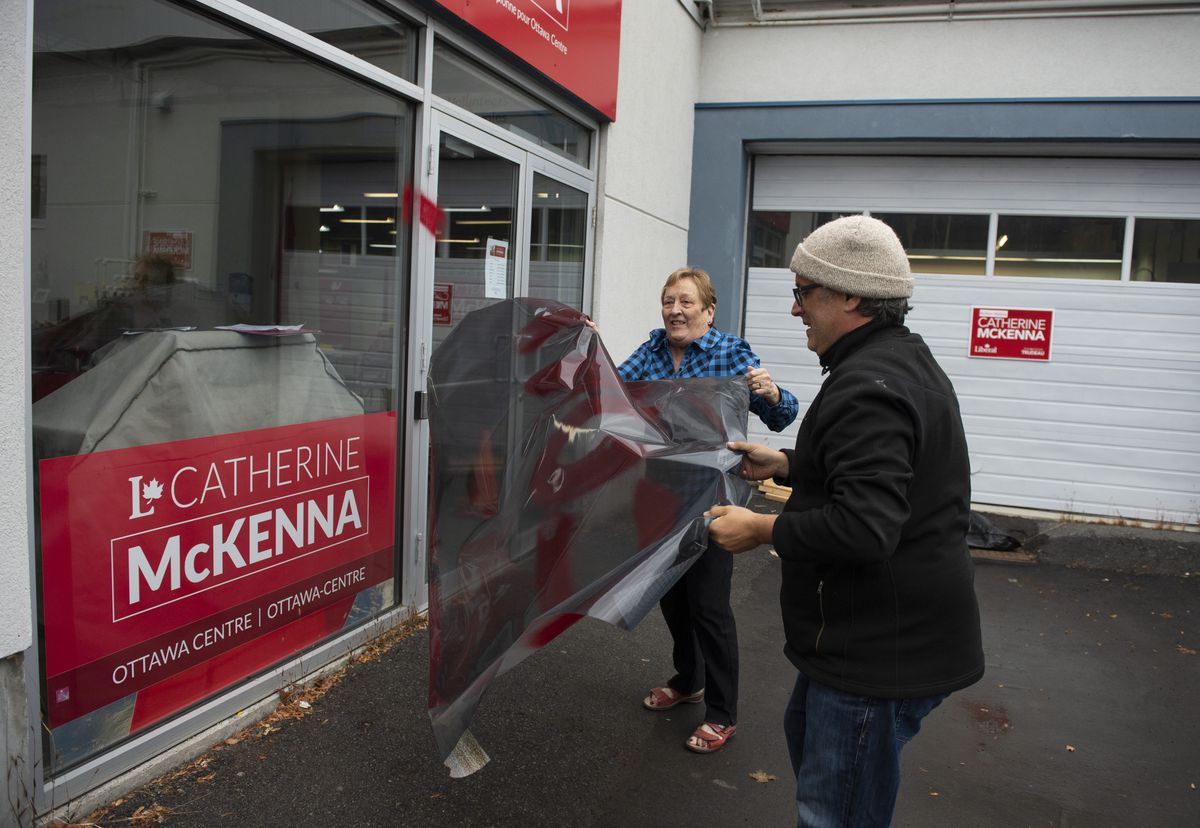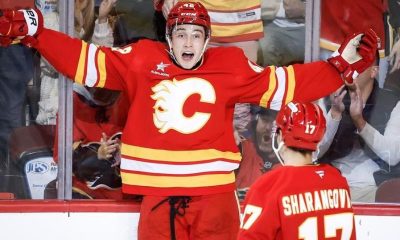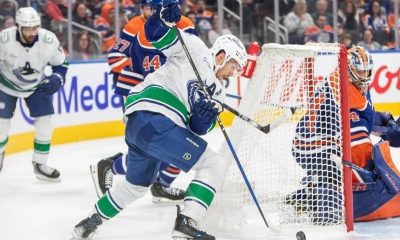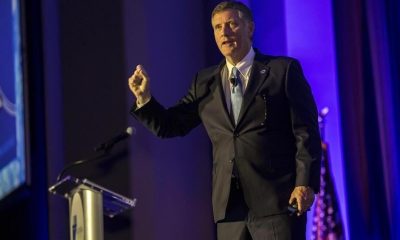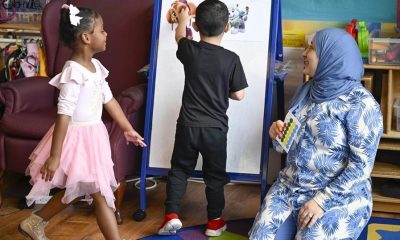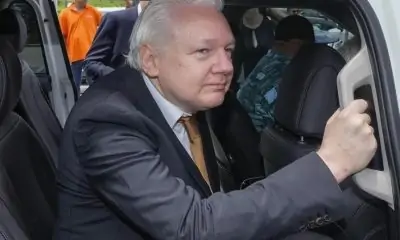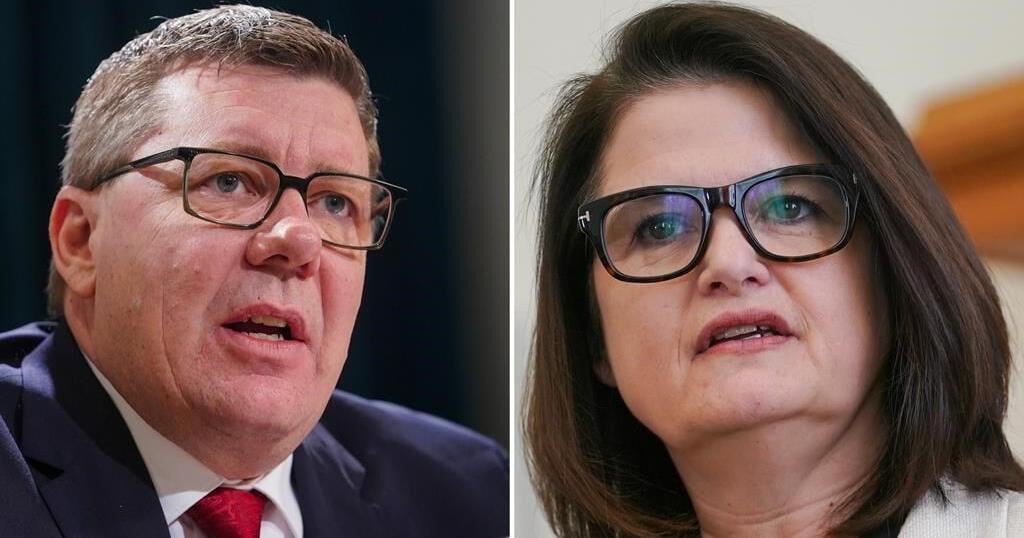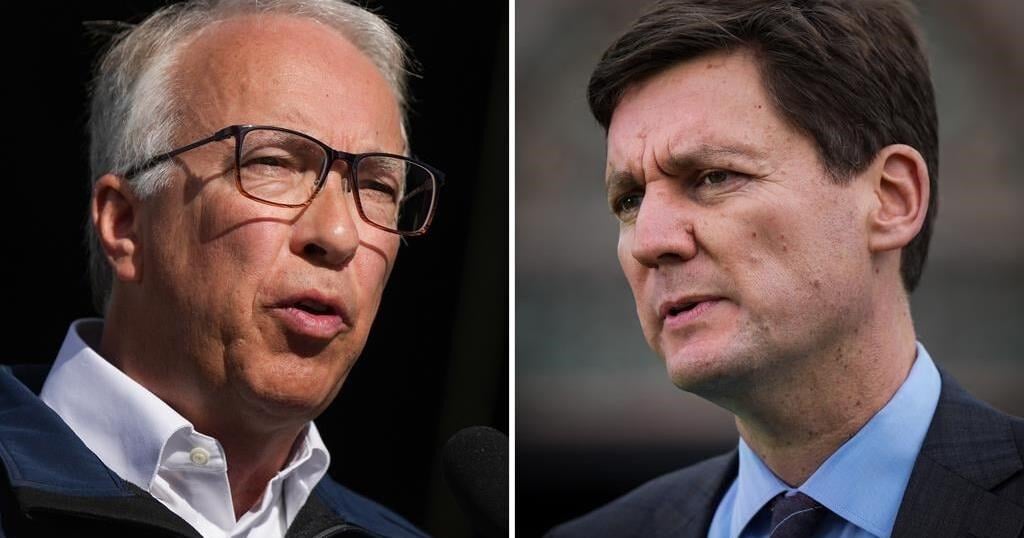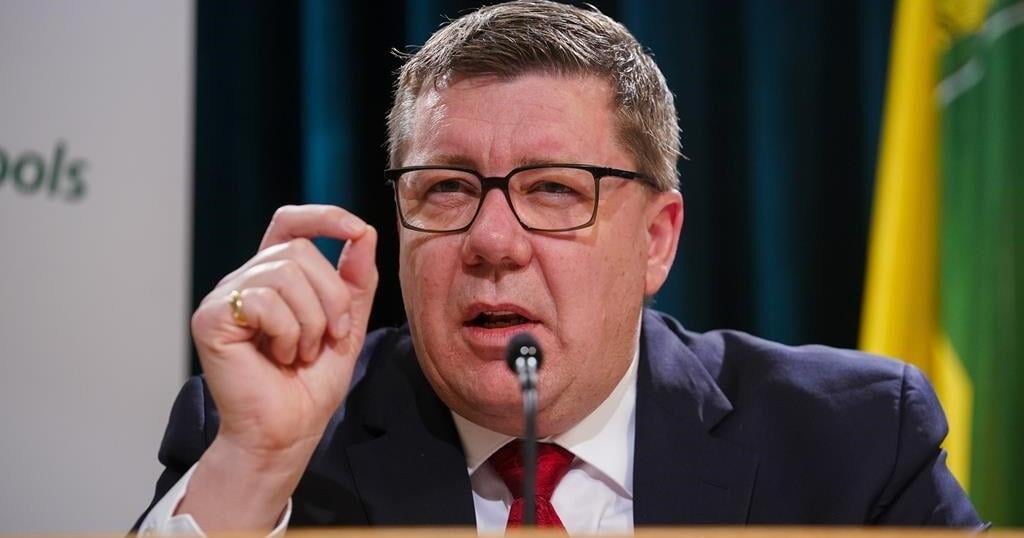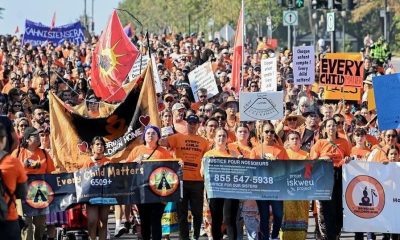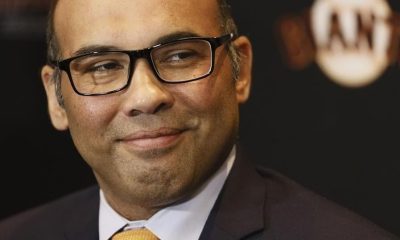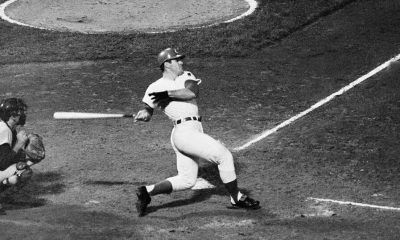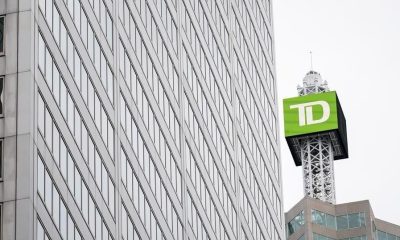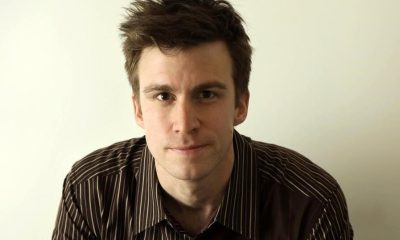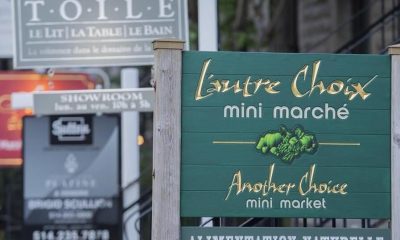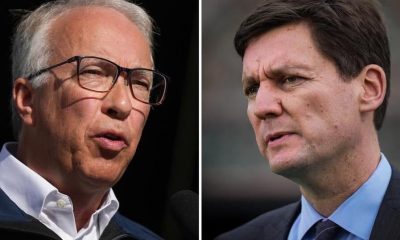REGINA – With the writs expected to drop this week for the Saskatchewan general election, political experts say Scott Moe’s Saskatchewan Party is on track for a fifth majority government but will lose seats to Carla Beck’s NDP.
Tom McIntosh, a political scientist at the University of Regina, said recently Moe’s strength in the rural ridings should help him keep his job as premier when voters go to the polls on or before Oct. 28.
He said Beck could pick up seats in the province’s four largest cities — Saskatoon, Regina, Prince Albert and Moose Jaw — to significantly grow her Opposition ranks, but it will be an uphill battle to win a majority.
“It’s an odd election where I think everybody is pretty certain of the outcome. It’s just the exact nature of the seat split that is still a bit uncertain,” McIntosh said.
It takes 31 seats to win a majority government in Saskatchewan’s 61-seat legislature. There are 29 rural seats, 30 urban and two northern constituencies.
The NDP hold 14 seats and the Saskatchewan Party has 42. There are four independents and one seat is vacant.
This is Beck’s first attempt at the premier’s job, while Moe has held that position since 2018. The Saskatchewan Party has won four large consecutive majority governments since 2007.
Beck has said it’s time for change, promising to suspend the 15-cent-a-litre gas tax for six months and scrap the provincial sales tax from children’s clothes and ready-to-eat grocery items, while not raising other taxes.
Moe has touted his government’s record as one that has grown the economy, created jobs and increased the population.
Daniel Westlake, a political studies professor at the University of Saskatchewan, said the Saskatchewan Party is the favourite heading into the campaign. But he said there is still a path for the NDP.
He said if the NDP starts to campaign outside Saskatoon and Regina, that could show evidence of breakthroughs in Prince Albert and Moose Jaw.
“Can the NDP get out of Saskatoon and Regina? That’s the question,” he said.
Charles Smith, a professor of political studies at St. Thomas More College in Saskatoon, said it’s the first time in 17 years Saskatchewan has been in a competitive political environment.
He said support from the 29 rural seats gives the Saskatchewan Party better odds, but he’s also watching the right-of-centre Saskatchewan United Party, which could chip away at Moe’s support outside the cities.
He said the Saskatchewan United Party has already had some sway on the governing party. For example, the Saskatchewan United Party made pronoun use and sexual education at school an issue last year in a rural byelection en route to a second-place finish behind the Saskatchewan Party.
Soon after, Moe introduced rules requiring parental consent for children under 16 wanting to change their names or pronouns at school.
Moe has also warned about splitting the vote on the right.
“The concern on the right is you’ll get a 2015 repeat of what happened in Alberta,” Smith said.
That year, Rachel Notley’s NDP formed a majority as the then-Progressive Conservative and Wildrose parties split the vote in multiple constituencies.
McIntosh said he isn’t sure the Saskatchewan United Party can pull enough support away from the Saskatchewan Party for the NDP to come up the middle.
“They would have to have a massive surge in support, which I’ve not seen any indication of in any of the polling,” he said.
He said if the Saskatchewan Party forms a smaller and mostly rural government caucus, divisions in the province will intensify.
“That just poses a host of challenges and issues for what the priorities are,” he said.
“Who gives a voice to the large cities in a government that has very little representation in those cities?”
This report by The Canadian Press was first published Sept. 29, 2024.

